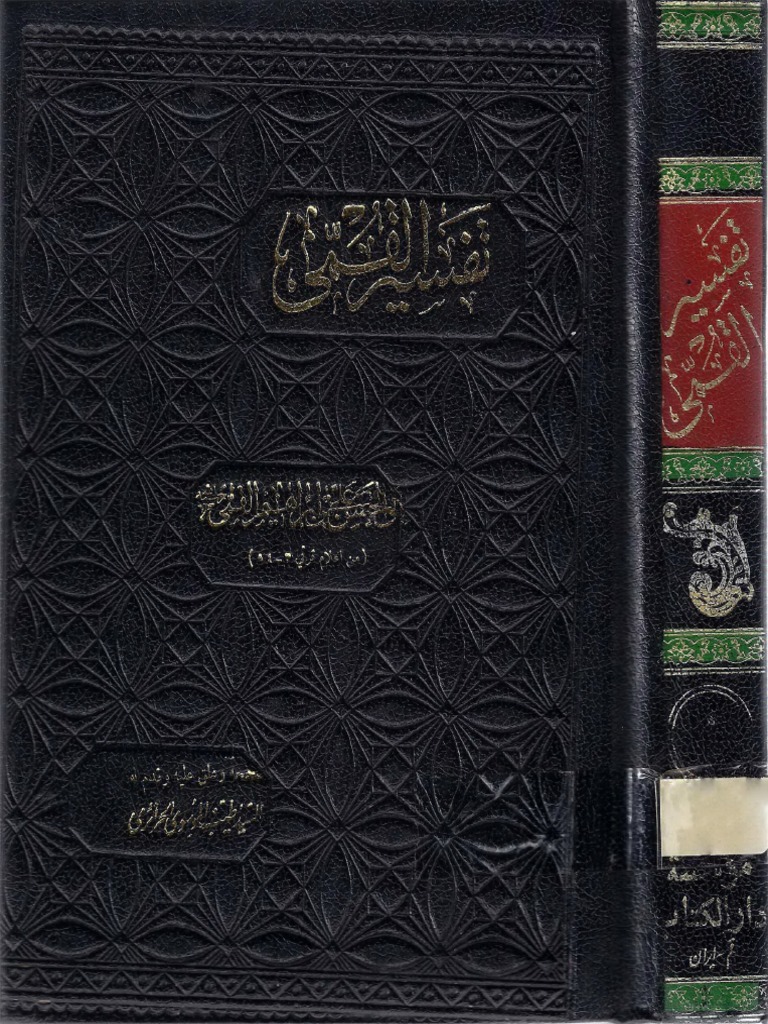The Tafsir al-Qummi also navigates intricate theological concepts, particularly concerning the nature of divine authority and the attributes of God. Al-Qummi’s interpretations are particularly significant for their assertion of the Imamate, emphasizing the immutable relationship between the Quran and the teachings of the Imams. This connection serves to fortify Shia identity, yet it simultaneously invites scrutiny. In an era where pluralism and interfaith dialogue are increasingly prominent, how can Shia interpretations harmonize with other Islamic schools of thought while maintaining their unique characteristics?
Furthermore, al-Qummi’s tafsir is notable for its inclusivity of various narrations, some of which may not align with Sunni interpretations. This reflects a broader Shia commitment to preserving diverse voices within the Islamic discourse. It poses an intriguing challenge: can the inclusive nature of Tafsir al-Qummi serve as a model for inter-political cooperation among different Islamic sects? In bridging gaps through shared ethical frameworks, could the teachings of al-Qummi facilitate a more harmonious coexistence in an often-divisive landscape?
An essential aspect of the commentary includes the exploration of eschatological themes—discussions surrounding the Day of Judgment, the afterlife, and the return of the Mahdi. Al-Qummi’s interpretations of these concepts provide followers with a sense of hope and purpose. However, it raises important questions regarding the balance between anticipation and action: while believers are encouraged to await the Mahdi’s return, how can they actively contribute to societal reform in the interim? This question compels a reevaluation of passive versus active engagement within religious practice.
Tags
Share this on:
[addtoany]


